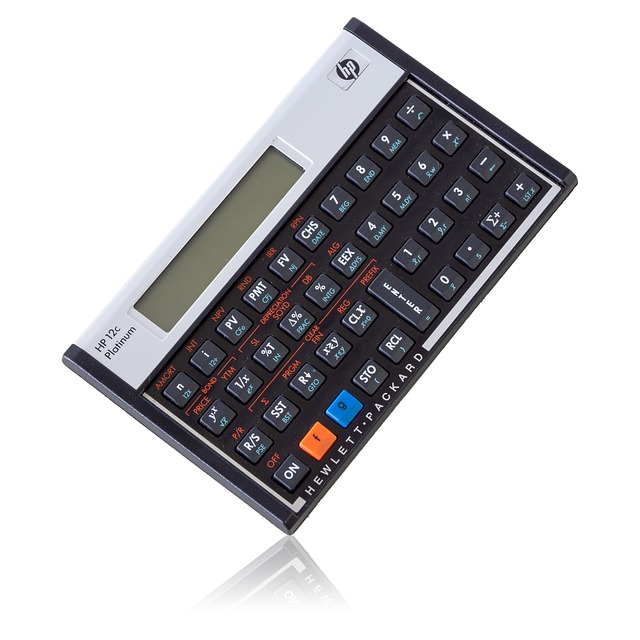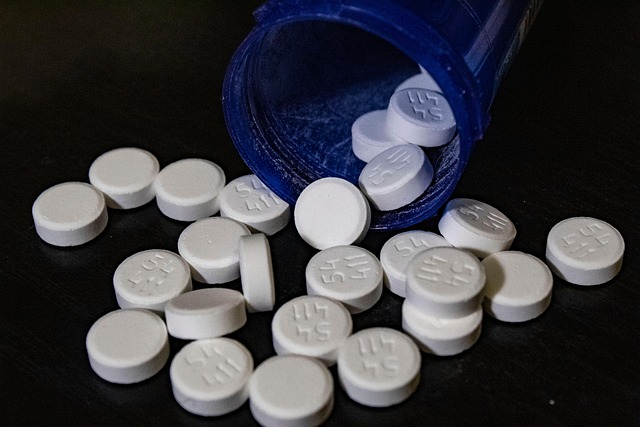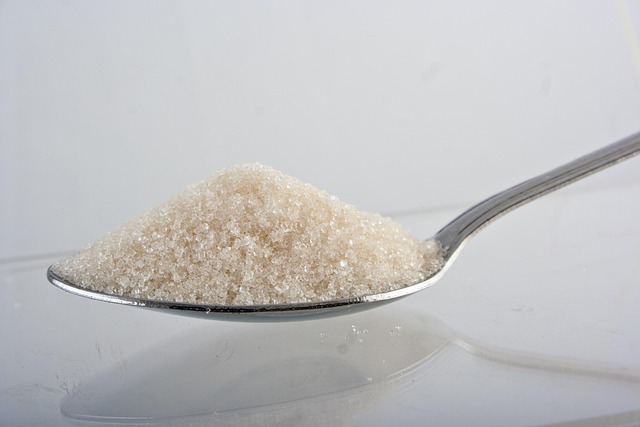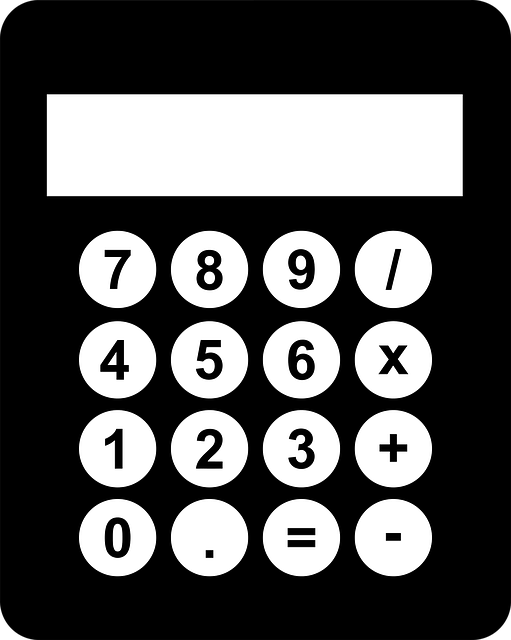Mental Health First Aid (MHFA) training equips individuals to recognize and respond to mental health emergencies, including stimulant abuse like Adderall or Ritalin misuse. By identifying subtle signs such as increased talkativeness, restlessness, and mood swings, MHFA can help guide those close to the individual towards supporting their recovery. Natural approaches, including mindfulness techniques, play a crucial role in getting sober from prescription stimulants without medication. Holistic strategies like personalized meditation, deep breathing, and yoga address withdrawal symptoms and underlying causes, empowering individuals to take control of their sobriety through lifestyle changes, support networks, and professional guidance.
Mental health first aid training equips individuals with essential skills to navigate crises and promote well-being. This article explores a comprehensive approach to understanding and addressing mental health emergencies, focusing on prescription stimulant abuse. We delve into the transformative power of Mental Health First Aid (MHFA) training in crisis intervention, offering valuable insights for those seeking guidance. Additionally, discover natural recovery strategies for achieving sobriety from prescription stimulants without relying on medication.
- Understanding Mental Health Emergencies: Recognizing the Signs of Prescription Stimulant Abuse
- The Role of Mental Health First Aid Training in Crisis Intervention
- Natural Recovery Strategies: Nurturing Sobriety Without Medication
Understanding Mental Health Emergencies: Recognizing the Signs of Prescription Stimulant Abuse

Understanding mental health emergencies is a cornerstone of mental health first aid training. It equips individuals with the knowledge to recognize subtle signs that can indicate a deeper issue, such as prescription stimulant abuse. Stimulants like Adderall and Ritalin, often prescribed for ADHD or narcolepsy, carry a risk of misuse and addiction due to their effects on the central nervous system, increasing energy and focus.
Prescription stimulant abuse can manifest in various ways. Users may experience increased talkativeness, restlessness, and difficulty sleeping. They might also display unpredictable behavior, mood swings, and an intense craving for the medication. As with any addiction, withdrawal symptoms can be severe, including fatigue, depression, and difficulty concentrating. Those close to the individual should look out for these signs and encourage them to seek help from Addiction Treatment Centers Specializing in Specific Substances or consider Crisis Intervention Training to handle such situations effectively. Mindfulness Techniques for Stress Relief can also play a crucial role in managing symptoms and promoting overall well-being.
The Role of Mental Health First Aid Training in Crisis Intervention
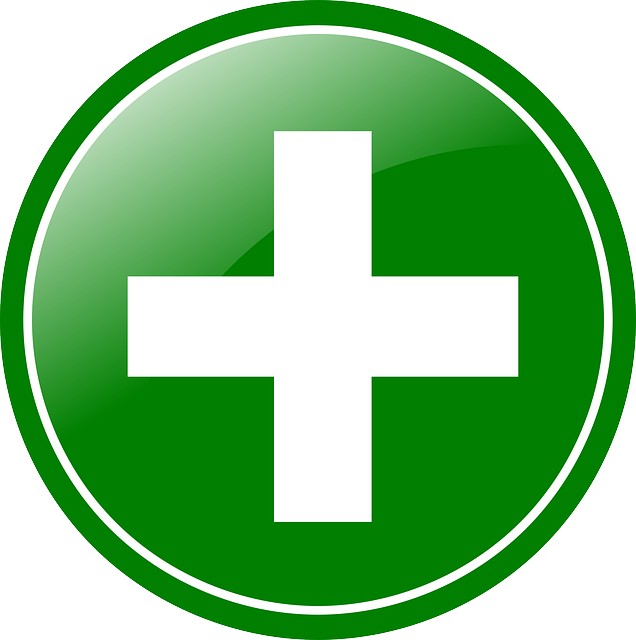
Mental Health First Aid (MHFA) training plays a pivotal role in crisis intervention, equipping individuals with the skills to recognize and respond to mental health emergencies effectively. This evidence-based approach provides a structured framework for helping someone experiencing a mental health challenge, such as those struggling with prescription stimulant addiction and seeking to get sober naturally. MHFA trainers teach participants how to assess risk, provide immediate support, and de-escalate situations that could otherwise escalate into more severe crises.
By learning these techniques, individuals become better equipped to offer the initial support needed before professional help arrives. This is particularly valuable in community settings, workplaces, and even at home. For those seeking recovery from prescription stimulants naturally, having a network of peers or friends with MHFA training can make a significant difference. It enables them to receive immediate assistance during challenging times and fosters an environment of understanding and ongoing sobriety support, enhancing the chances of successful long-term recovery through rehabilitation centers near me or local recovery support services.
Natural Recovery Strategies: Nurturing Sobriety Without Medication

For those seeking to get sober from prescription stimulants naturally, understanding and employing recovery strategies that support nurturing sobriety is essential. Unlike relying solely on evidence-based medications for withdrawal management, which can be effective but often require medical supervision in a rehabilitation center near me, natural recovery methods focus on holistic approaches. This involves personalized mindfulness plans tailored to individual needs, incorporating techniques such as meditation, deep breathing exercises, and yoga to alleviate symptoms of withdrawal and promote mental clarity.
By adopting these strategies, individuals can take control of their journey towards sobriety without medication. It empowers them to develop coping mechanisms that address the underlying causes of substance abuse, fostering long-term recovery. This approach is not without its challenges; it demands commitment, access to support networks, and a willingness to embrace lifestyle changes. However, when combined with professional guidance, it can be a sustainable path towards healing, helping folks navigate their way out of the cycle of addiction and into a life of wellness.
Mental health first aid training equips individuals with the skills to identify and respond to mental health crises, including prescription stimulant abuse. By recognizing early signs and implementing evidence-based strategies like natural recovery methods, we can support loved ones on their path to sobriety. Learning how to get sober from prescription stimulants naturally is a powerful tool that not only enhances crisis intervention but also promotes long-term well-being.

